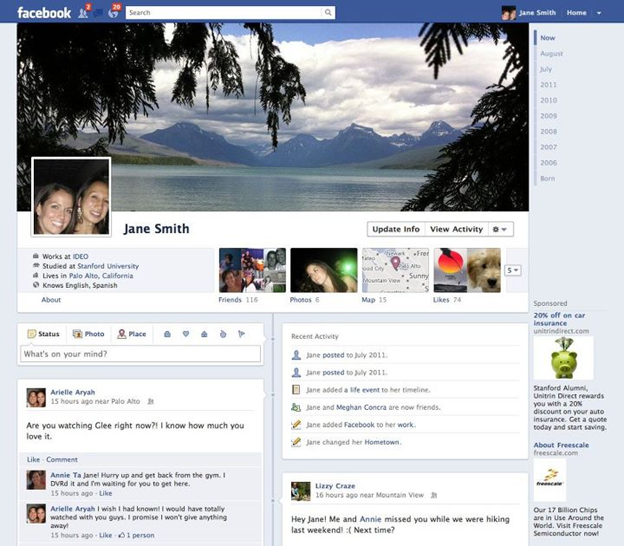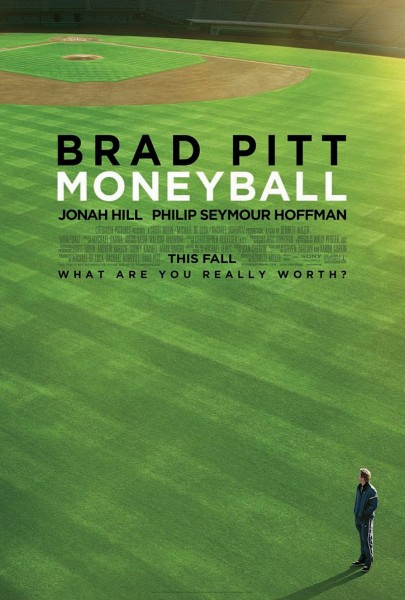How Do Americans Get To Work?
September 26, 2011 in Daily Bulletin

In this article, the commutes of Americans are broken down into some interesting graphs. The first aspect of commutes that is evaluated is time. It takes the average American 25.1 minutes to get to work. Another piece of information looked at is the average time an American leaves for work in the morning, which turns out to be between 7:30 and 7:59 a.m. How Americans get to work is also analyzed, and it turns out that despite many Americans trying to be environmentally friendly in different aspects of their life, more Americans than ever are driving alone to work. Check out the rest of the article and find out how your commute compares to that of the average American.
Source: Economix Blog
















Join the Discussion! (No Signup Required)